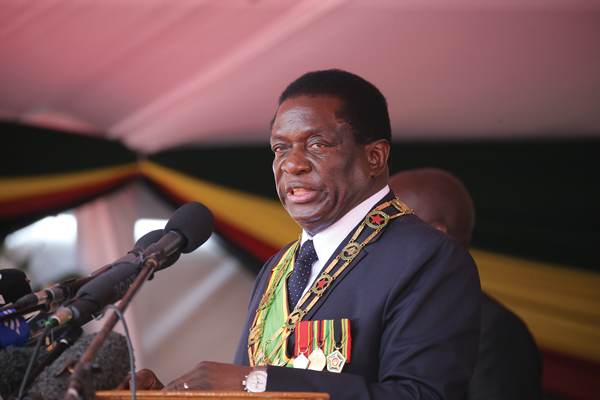
BY TAPFUMNEI MUCHABAIWA
PRESIDENT Emmerson Mnangagwa has suggested that the remains of British imperialist Cecil John Rhodes can be removed from the Matopos National Park in Matabeleland South and returned to the United Kingdom.
Mnangagwa told traditional leaders on Friday in the capital that the remains of the founder of the former British colony, Rhodesia, were of no importance to the country.
Rhodes, who was born in 1853 and died in 1902 was an imperialist, businessman and politician who played a dominant role in southern Africa in the late 19th Century, driving the annexation of vast swathes of land.
He founded the De Beers diamond firm which until recently controlled global trade.
Rhodes dreamt of an uninterrupted railway link stretching from Cape Town to Cairo, Egypt — the entire north to south controlled at the time by the British Empire.
Rhodes’ remains lie atop a granite hill in Matopos.
“We still have Rhodes’ remains in Matobo.
- Chamisa under fire over US$120K donation
- Mavhunga puts DeMbare into Chibuku quarterfinals
- Pension funds bet on Cabora Bassa oilfields
- Councils defy govt fire tender directive
Keep Reading
“What do you think about it? If you go to the shrine, you don’t know whether you are talking to Rhodes or our ancestors,” Mnangagwa said.
“His remains must be returned to where he hailed from and we can also have our ancestral remains which are being kept in Europe.”
In 2012, the late former president Robert Mugabe blocked ex-combatants and members of his ruling Zanu PF party from exhuming his remains, saying his legacy was part of the country’s history.
In May 2020, the Rhodes Stable located at the Matopos National Park was burnt down by unknown people.
The stables, built in 1897, are one of the oldest buildings in the country where Rhodes used to shelter his horses.
In South Africa, statues and monuments of colonial-era leaders were once targets of the Black Lives Matter (BLM) protests.
In 2015, South Africa’s University of Cape Town removed the statue of the British colonialist and 19th Century figure, unveiled in 1934.










